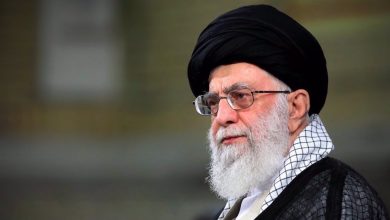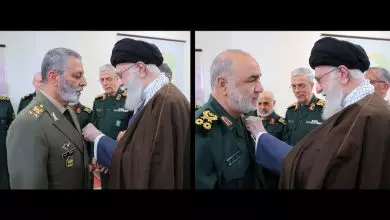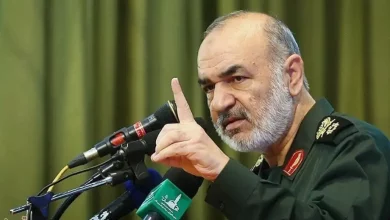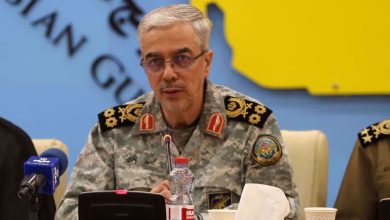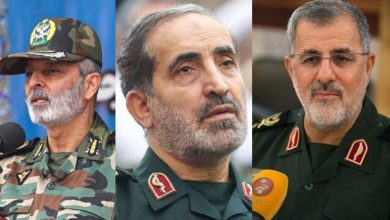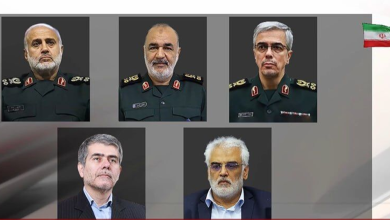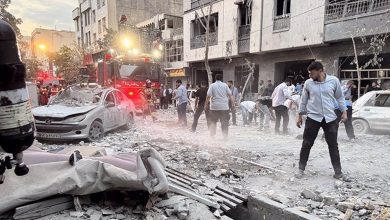Iran to Construct New Enrichment Facility in Secure Location Following Political IAEA Resolution
Iran has strongly criticized what it describes as a "politically-motivated" resolution passed by the Board of Governors of the International Atomic Energy Agency (IAEA). In response, Iran announced plans to construct a new uranium enrichment facility at a secure location.
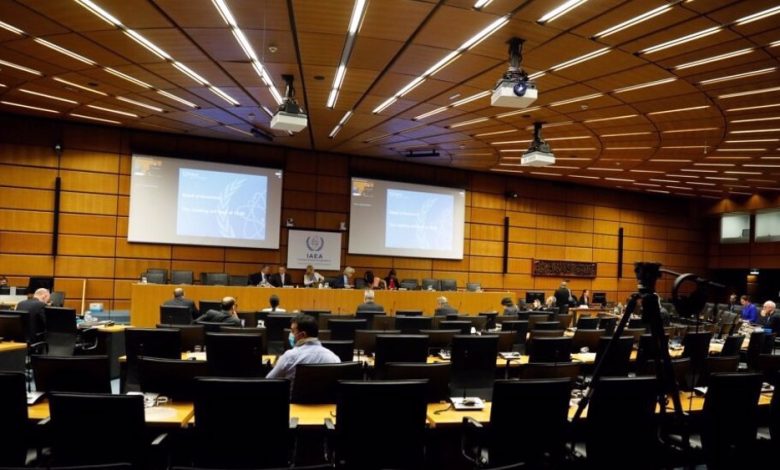
The Atomic Energy Organization of Iran (AEOI) and the nation’s Foreign Ministry released a joint statement on Thursday, following the adoption of a resolution by the 35-nation Board of Governors. The resolution accuses Iran of “non-compliance” with its nuclear commitments.
The resolution, proposed by the United States alongside Britain, France, and Germany, secured passage with 19 votes in support, three opposed, and 11 abstentions. The opposition came from Russia, China, and Burkina Faso, while countries such as South Africa, India, Pakistan, Egypt, Indonesia, and Brazil chose to abstain from the vote.
In a joint statement issued in response to the resolution, the Islamic Republic of Iran reiterated its stance, asserting that, as previously communicated, it sees no alternative but to take action in light of the political resolution.
Mohammad Eslami, the head of the Atomic Energy Organization of Iran (AEOI), has reportedly provided directives to construct a new enrichment facility at a secure site.
The Fordow nuclear facility is set to undergo significant upgrades as it replaces its initial first-generation enrichment machines with advanced sixth-generation technology, according to reports.
The Iranian Foreign Ministry and the Atomic Energy Organization of Iran (AEOI) have criticized the resolution, describing it as yet another instance of the governing board’s instrumentalization for political purposes, devoid of any technical or legal basis.
The statement reiterated Iran’s complete adherence to its Safeguard obligations, emphasizing that no IAEA reports have indicated any non-compliance or deviation from its nuclear activities by the Islamic Republic.
The joint statement criticized the “political and biased” report issued by the International Atomic Energy Agency (IAEA) and noted that the United States, alongside the European trio, has escalated the situation by proposing a resolution. The main content of this resolution reportedly contradicts the fundamentally politically-driven report presented by the UN nuclear agency’s director general.
The statement suggests that the four nations are advancing their own political agendas by attempting to revisit allegations concerning incidents from more than 25 years ago, following their inability to identify any discrepancies in Iran’s current nuclear undertakings.
“This comes as all past claims have been deemed resolved under the Agency’s November 2015 resolution,” it clarified.
The statement further condemned the four nations for their silence regarding Israel’s refusal to sign the Non-Proliferation Treaty (NPT) and its alleged secretive initiatives aimed at developing weapons of mass destruction, including nuclear arms.
The statement highlighted that no measures have been taken in response to threats from the Israeli regime to target the peaceful nuclear facilities of nations that are members of the Non-Proliferation Treaty (NPT).
The statement indicates that the United States and the E3 countries have not adhered to their commitments under Article 6 of the Nuclear Non-Proliferation Treaty (NPT) concerning nuclear disarmament, with Germany also being in possession of these destructive weapons.
The emphasis was placed on the notion that the quartet of nations advocating for the resolution against Iran has significantly compromised the UN nuclear agency’s credibility and reputation, further unveiling the political dynamics within this international institution.
The statement indicated that the political stance taken against a nation with a longstanding track record of honoring its commitments and actively cooperating with the Agency results in the conclusion that a policy promoting engagement and collaboration is counterproductive.
Iran is formulating additional strategies that will be revealed in due course, the statement concluded.
In a letter addressed to the United Nations Security Council on Wednesday, Amir Saeid Iravani, Iran’s Ambassador and Permanent Representative to the UN, cautioned that Iran might invoke its legal right to exit the Non-Proliferation Treaty (NPT). This warning comes in response to European nations’ plans to enact a legally unfounded initiative to reimpose United Nations sanctions on Iran.

